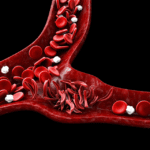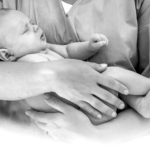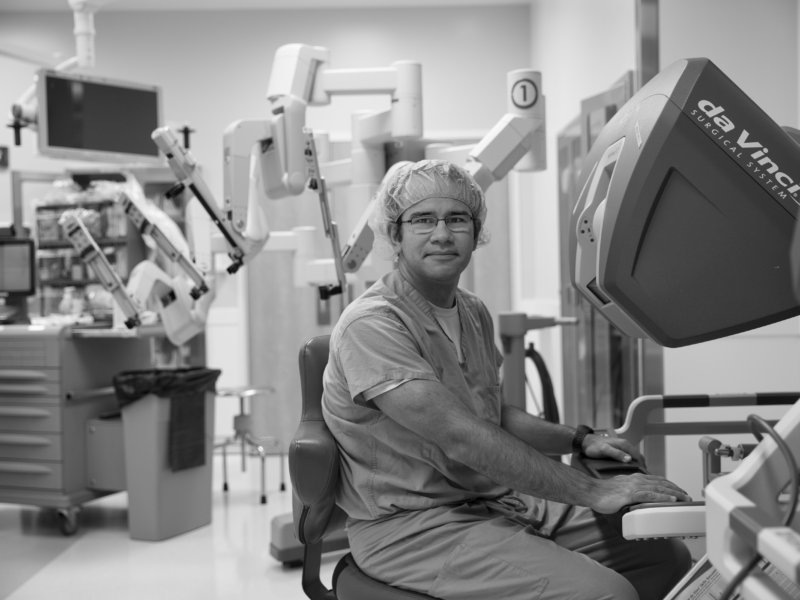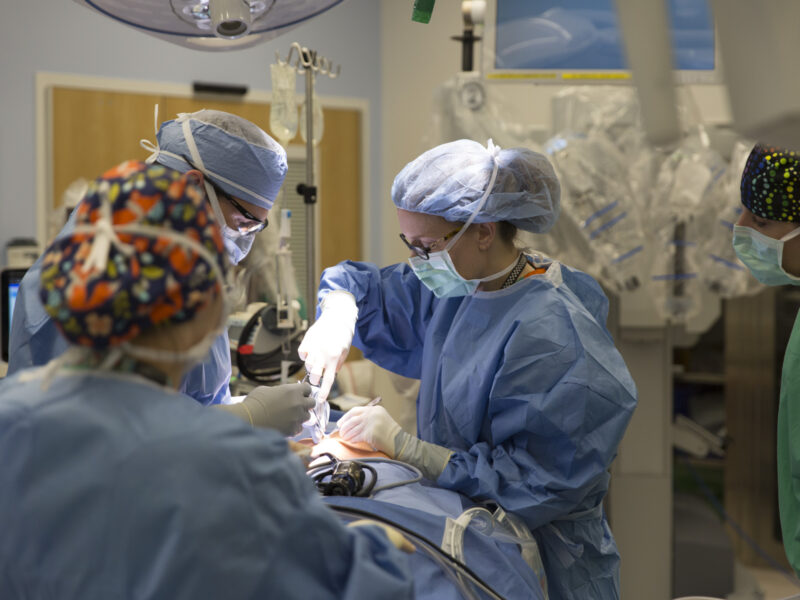Midwest Pediatric Surgery Consortium Finds Antibiotics Alone Successfully Treat Uncomplicated Appendicitis in Children
Midwest Pediatric Surgery Consortium Finds Antibiotics Alone Successfully Treat Uncomplicated Appendicitis in Children https://pediatricsnationwide.org/wp-content/uploads/2020/07/05-patient-1024x822.jpg 1024 822 Natalie Wilson Natalie Wilson https://pediatricsnationwide.org/wp-content/uploads/2021/06/Natalieheadshot3-2.png- July 27, 2020
- Natalie Wilson
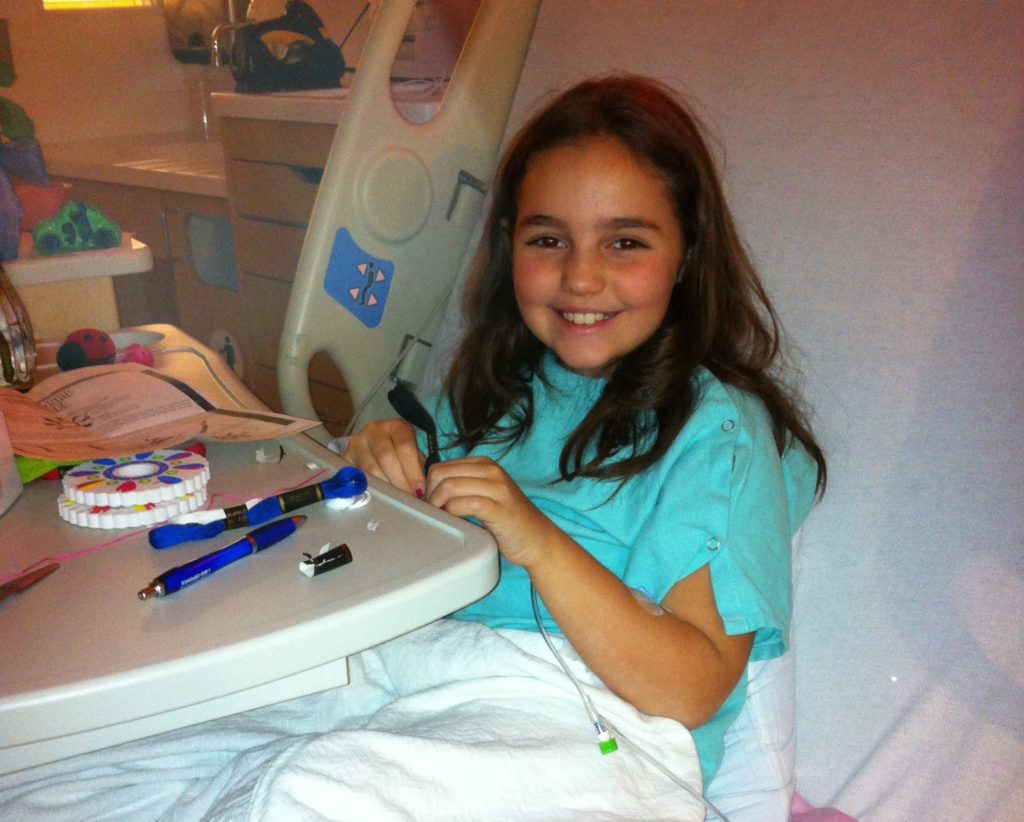
New research expands on a 2015 pilot study to demonstrate that nonoperative management of uncomplicated appendicitis is a safe and effective option in a variety of healthcare systems.
Appendicitis is the most common cause for emergency abdominal surgery in childhood, affecting 80,000 children in the United States each year, but nonoperative treatment options are viable. A study performed by the Midwest Pediatric Surgery Consortium, led by Peter Minneci, MD, and Katherine Deans, MD, co-founders and directors of the Center for Surgical Outcomes Research at Nationwide Children’s Hospital, and published online today in JAMA, found that antibiotics alone successfully treated children with uncomplicated appendicitis and was associated with fewer disability days at one year.
Of 1,068 patients from 10 health centers enrolled in the study, 67.1% of those who elected to initially manage their care through antibiotics alone experienced no harmful side effects and did not later require an appendectomy by their one-year follow-up. Patients in the nonoperative group experienced an average of 6.6 disability days, compared to the 10.9 days in the surgery group. Nonoperative management was also associated with fewer disability days for caregivers.
This research, funded by a Patient Centered Outcomes Research Institute (PCORI) award, expands on an initial pilot study Drs. Minneci and Deans published in 2015. That study first demonstrated the efficacy and safety of nonoperative management of appendicitis in children by showing that children who were hospitalized for uncomplicated appendicitis — who experienced abdominal pain for no more than 48 hours, had a white blood cell count below 18,000 and underwent an ultrasound or CT scan to rule out rupture and to verify that their appendix was 1.1 centimeter thick or smaller with no evidence of an abscess or fecalith — and who elected initially to be treated with antibiotics could be successfully sent home without the use of traditional surgery.
“For surgery, patients need to go under general anesthesia, and there is 1-2% chance of a major complication and 5-10% chance of a minor complication,” says Dr. Minneci, principal investigator of the studies with Dr. Deans. “And patients will definitely experience postoperative pain and disability. Treatment-related disability is important to kids, because it means missing activities in their lives that may directly affect their development and quality of life such as school, athletics and vacations.”
Additionally, the study, which was designed to mimic clinical practice and used a decision aid to educate patients about the risks and benefits of each treatment option, found that both the patients who elected to undergo surgery and those who chose nonoperative management with antibiotics alone had similar rates of complicated appendicitis and reported similar health care satisfaction at 30 days and quality of life at 1 year.
Drs. Minneci and Deans say that future research could study how to disseminate these results so that more patients can be informed of the two options and the risks and benefits of each. The decision aid and treatment protocols developed for this study were developed to minimize risks and can be easily translated into pediatric clinical practice.
“Culture change and rethinking how we treat patients is always hard,” says Dr. Deans. “Right now, some of the standards for success among surgeons are different than those among patients and families. Surgeons’ tend to be passionate about operations, and an appendectomy is a well-tested and trusted procedure. However, some patients want to avoid surgery at all costs, and the results of our studies reflect the effectiveness of offering a non-operative management to patients and their families in clinical practice. This allows us to move away from a one-size-fits-all model of appendicitis care and treat each child based on his or her values and preferences.”
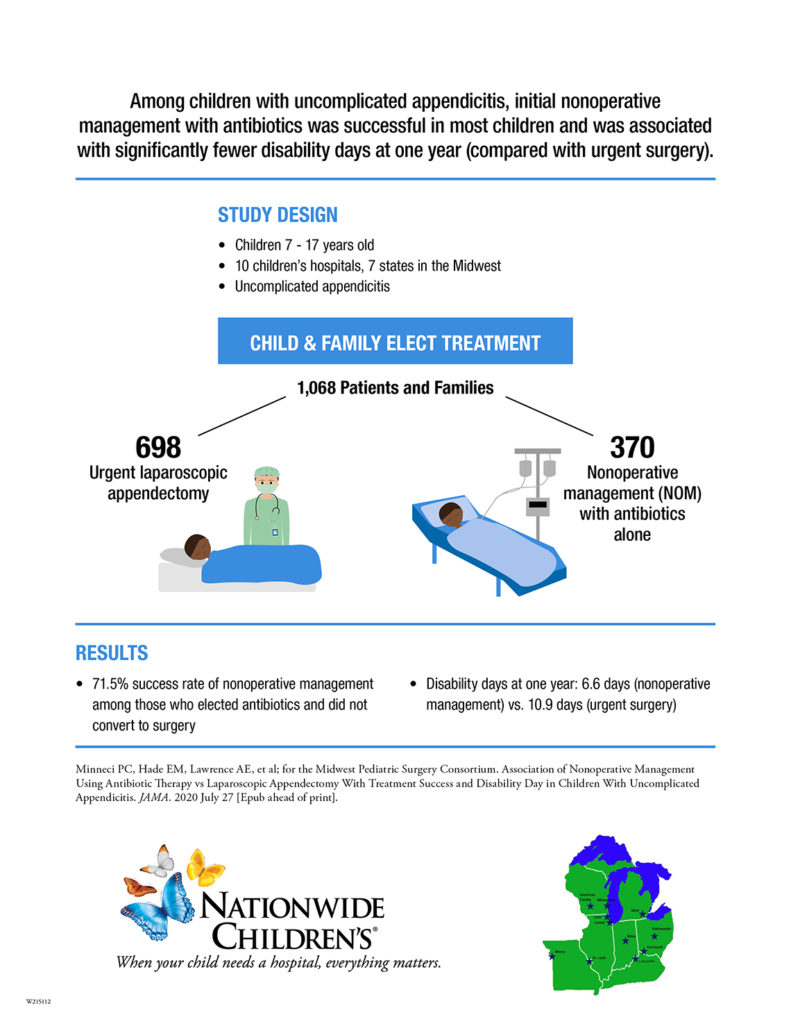 References:
References:
- Minneci PC, Hade EM, Lawrence AE, Sebastiao YV, Saito JM, Maki GZ, Fox C, Hirschi RB, Gadepalli S, Helmrath MA, Kohler JE, Leys CM, Sato TT, Lal DR, Landman MP, Kabre R, Fallat ME, Cooper JN, Deans KJ for the Midwest Pediatric Surgery Consortium. Association of Nonoperative Management Using Antibiotic Therapy vs Laparoscopic Appendectomy With Treatment Success and Disability Day in Children With Uncomplicated Appendicitis. JAMA. 2020 July 27 [Epub ahead of print].
- Minneci PC, Mahida JB, Lodwick, DL, Sulkowski JP, Nacion KM, Cooper JN, Ambeba, EJ, Moss RL, Deans KJ. The effectiveness of patient choice in non-operative versus surgical management of uncomplicated acute appendicitis. JAMA Surgery. 2016
Image credit: Nationwide Children’s (Photo shows a patient from the initial clinical trial for antibiotics alone to treat uncomplicated appendicitis. You can read more about that study here.)
About the author
Natalie is a passionate and enthusiastic writer working to highlight the groundbreaking research of the incredible faculty and staff across Nationwide Children's Hospital and the Abigail Wexner Research Institute. Her work at Nationwide Children's marries her past interests and experiences with her passion for helping children thrive and a long-held scientific curiosity that dates back to competing in the Jefferson Lab Science Bowl in middle school. Natalie holds a bachelor’s degree in sociology from Wake Forest University, as well as minors in women's, gender & sexuality studies and interdisciplinary writing. As an undergraduate student, Natalie studied writing and journalism, engaged with anthropological and sociological research with a focus on race and ethnic relations, served as executive editor for the student newspaper, the Old Gold & Black, and gained marketing experience as an intern for a nonprofit entrepreneurial incubator, Winston Starts, as well as by working for Wake Forest University School of Law Office of Communication and Public Relations and its Innocence and Justice Clinic.
-
Natalie Wilsonhttps://pediatricsnationwide.org/author/natalie-wilson/
-
Natalie Wilsonhttps://pediatricsnationwide.org/author/natalie-wilson/
-
Natalie Wilsonhttps://pediatricsnationwide.org/author/natalie-wilson/
-
Natalie Wilsonhttps://pediatricsnationwide.org/author/natalie-wilson/September 1, 2020
- Posted In:
- In Brief




